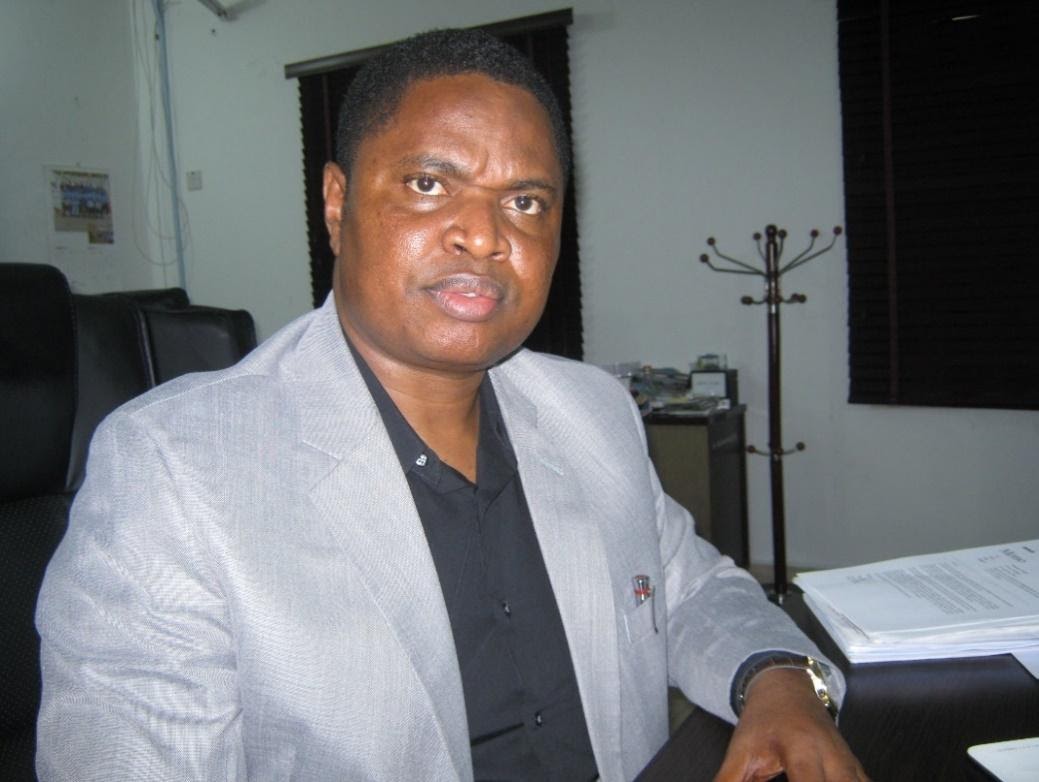- Your cart is empty
- Continue Shopping

EnergyHub will become a technology transfer hub…Felix Amieyeofori, PhD. Founder, EnergyHub.
Last week, we published the first part of our interview with the Founder and Chairman of Entek Integrated Resources Limited, owners of the EnergyHub brand on the vision of the African premier energy marketplace for the energy industries in Sub-Saharan Africa, in creating a viable platform for interaction by operators, international investors, vendors, and other stakeholders.
This week, we bring you the concluding part of that interview.
What will be your core areas of interest in the power sector?
The Energy mix is transiting into renewables and cleaner forms, and so EnergyHub will be focusing more on gas as feedstock for thermal power, and renewables for electricity generation. It is a beginning step that should grow into transportation and other power utilities.
Across the world, digital transformation is greatly impacting the energy industries, as artificial intelligence, 5G internet speed, and big data have been deployed in developing smart electric grids. Where do you place Nigeria on the digital transformation map, especially for the energy industries?
The World Bank’s 2019 Digital Diagnostic Report for Nigeria, reported that many Nigerian citizens and businesses remain excluded from the digital ecosystem as a result of limited access to broadband and non-availability of adequate devices (mobile devices and computers) to fully utilize the Internet. According to the World Bank Report, the global digital economy was about USD 11.5 trillion in 2016, equivalent to 15.5 of the world’s overall GDP, which is expected to reach 25 percent in less than a decade, quickly outpacing the growth rate of the world’s economy.
Nigeria is currently capturing only a fraction of this, and this is in spite of recent growth in fiber installations in the country. National fixed-line infrastructure is still poor, and mobile systems remain the primary means for carrying retail and enterprise data traffic in the country.
The World Bank report further showed that fixed broadband penetration in Nigeria is very low, with a household penetration rate of 0.04 percent at the end of 2018, below the African regional average (0.6percent), and well below the world average (13.6percent). This is due to the backbone investment in Nigeria focusing primarily on major urban areas and inter-city routes. Unlike her West African peers such as Ghana and Senegal, Nigeria does not have a national backbone network through which high-speed Internet connectivity can be extended across the entire country’s growth. Given this background on the digital backbone, it goes to show how remote the Nigerian energy sector is, in terms of digitization of its activities, and operations that will involve big data, machine language, and the internet of things. These cannot be readily supported at such a high speed. This notwithstanding, individual companies and groups and even some Federal Government systems, especially the Nigerian National Petroleum Corporation (NNPC), are very focussed on the digital transformation. It has been estimated that digital transformation can boost the economy quickly into beyond the $1 trillion mark.
Nigeria has had the perennial problem of exporting primary goods, not only in the energy sector but also in agricultural and solid mineral commodities. How can your energy marketplace begin to address this issue for the energy value chain?
As our marketplace, EnergyHub will eventually transform into a technology transfer hub as our indigenous companies interact with global organizations and best practices. Traditionally, each country produces goods and offers services that are exported as final products to consumers abroad. However, things have changed as the global value chain now accounts for 70 percent of international trade, while trade on final products only represents around 30 percent of all trade in goods and services. This 70 percent in global value chain international trade today involves services, raw materials, parts, and components that form intermediate goods in the value chain. EnergyHub is, therefore, positioning itself to encourage our indigenous producers and operators to be involved in trade in these intermediate products with global organizations.
Many people have advocated that rather than exerting herself to leapfrog to cutting edge technology, Nigeria should simply concentrate on adding local value to the petroleum, agricultural, and solid minerals value chains. Even modest vertical integrations in these industries they argue will unleash industrial expansion and huge job creation opportunities. What are your thoughts in this regard?
Nigeria cannot be in self-isolation in the global technological bandwagon. I do not think I completely agree with this view. Technology is moving at the speed of light and we cannot continue to think in the “Third World” mind-set. Also, oil is going through an existential threat because of climatic and environmental challenges, and therefore, we cannot continue to play the ostrich. The COVID19 has shown that we must adopt and adapt fast-moving technology if we have to be relevant in the scheme of things in the global space.
